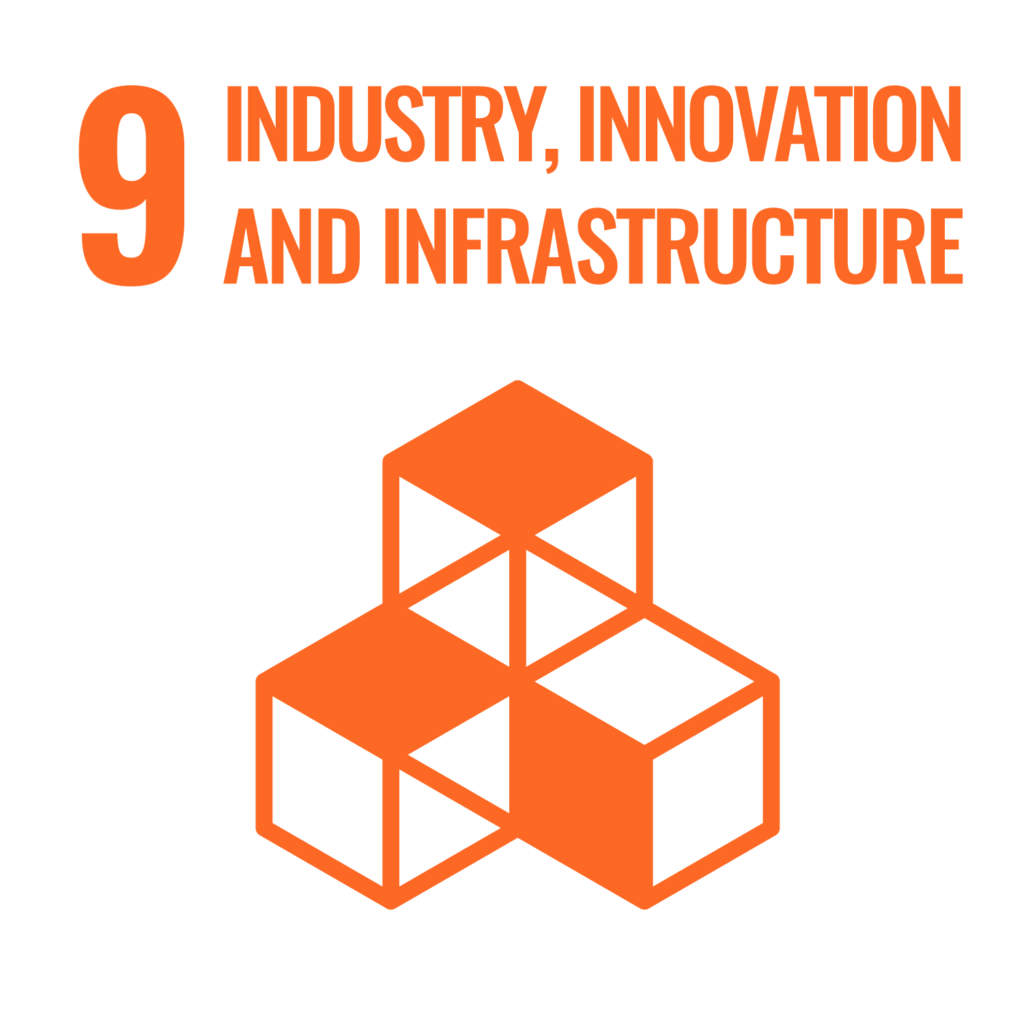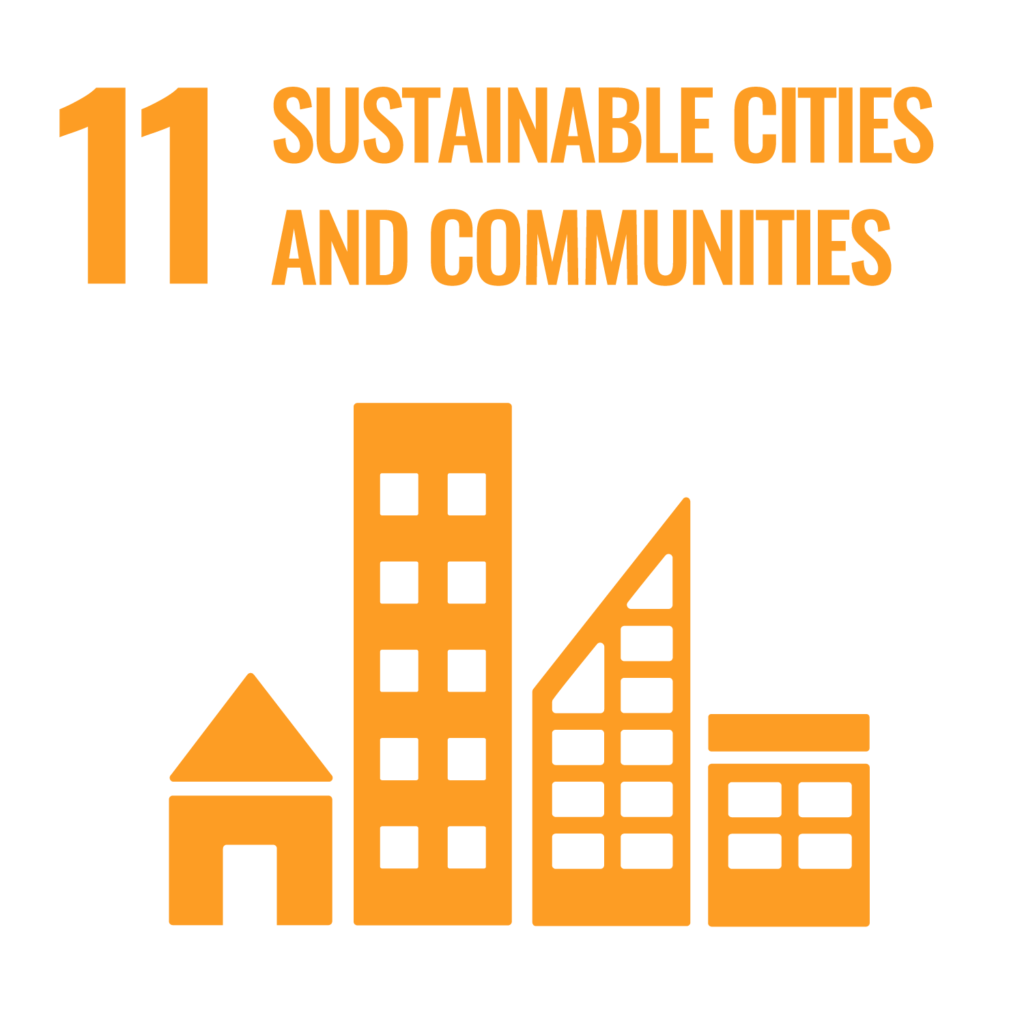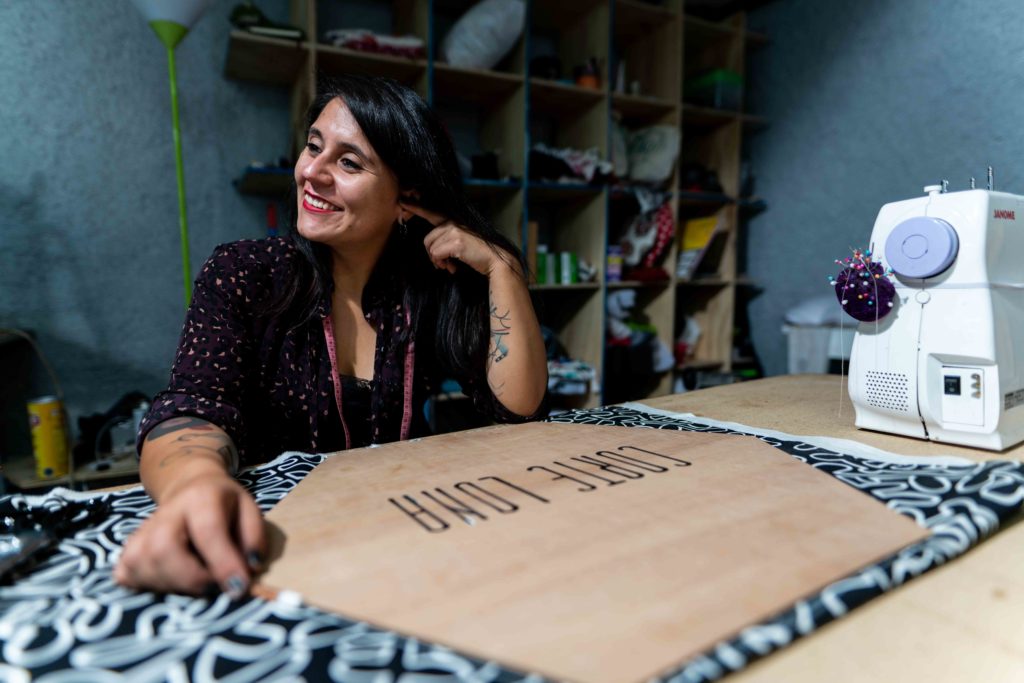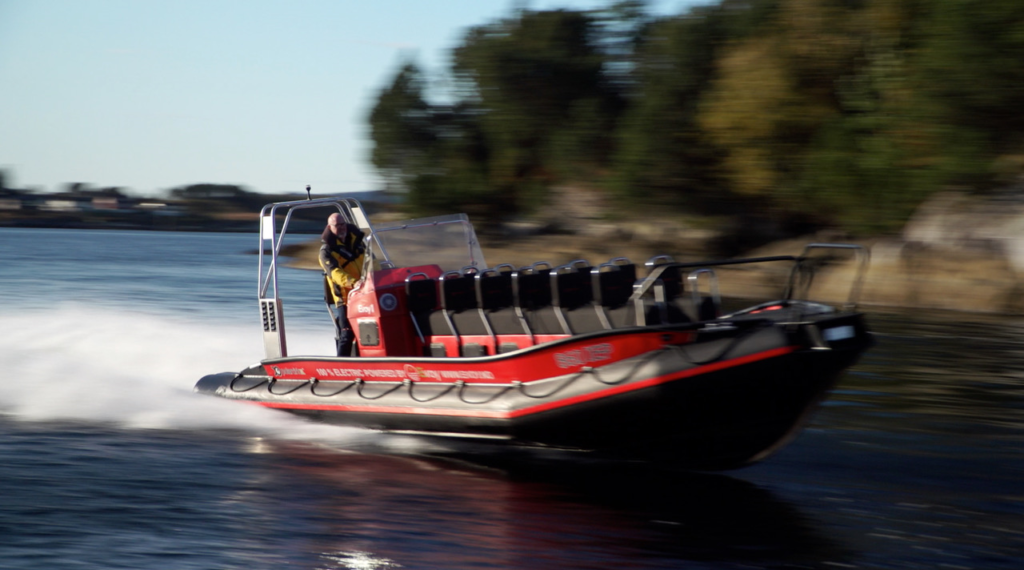Karen Campos says she’s lucky. She grew up in Pedro León Gallo, a neighbourhood of Copiapó, Chile, known for its socio-economic challenges. Fortunately for Karen, her family provided a safe and nurturing home environment.
The 29-year-old industrial designer also knows how to make her own luck. Her university thesis focused on an eco-conscious furniture manufacturing concept called Panalínea, which was a finalist in the 2017 Design Biennial and the Bank of Chile National Contest “Entrepreneurship Challenge”. The recognition Karen gained gave her the confidence to enter the workforce and build strategic alliances to bring her concept to reality.
Next, Karen sought funding to support her business idea. She approached Inventa, a program launched by Lundin Mining’s Candelaria mine in Chile’s Atacama Region in partnership with Lundin Foundation and Chrysalis (Universidad de Valparaíso). The Inventa Program supports community-led innovations like Panalínea that identify and propose solutions for environmental and social challenges that communities around the mine—like Copiapó—face.
A business concept incubator, Inventa offers start-up capital and business advice enabling entrepreneurs to organize their concept, carry out the prototyping phase and launch sustainable businesses. Since it was piloted in 2016, the program has trained more than 535 people and incubated 13 environmental and social innovations. Businesses supported by Inventa have also secured an additional USD$110,000 of funding from follow-on funders such as CORFO (Chilean Economic Development Agency).
“Inventa has supported Panalínea’s growth in offering knowledge of marketing strategies and financing for labour, tools and materials,” says Karen. The impact for herself has been “a radical change in how to observe and do things,” she says. “Now I analyze ideas better before making decisions.”
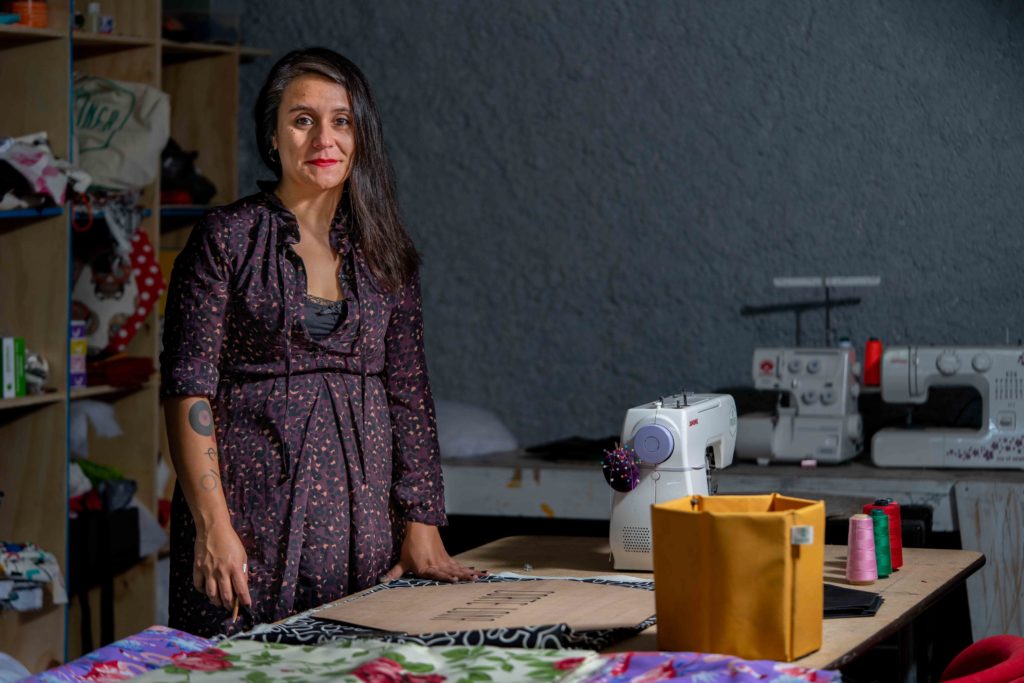
Project Impact
29 start ups supported
30 jobs created
Solutions for Clean Energy waste reduction and water management
The company is best known for its patented Honeycomb furniture, uniquely shaped to allow folding and made of Tectan, a flexible material produced from recycled and pressed Tetra Pak. Lately, Tectan has become challenging for Panalínea to obtain. Thanks to Inventa’s contributions and strategic alliances with four different companies, Karen feels like she has the business acumen and support to create an alternative to the Tetra Pak using materials from a newly formed local recycling plant. Naturally, this will also create jobs in the community.
“A recycling plant would be a lovely comprehensive solution, made in Chile, that gives added value to handmade products,” Karen says. Furthermore, she intends to create opportunities for work inclusion on the Panalínea production chain by hiring inmates from Copiapó jail’s School of Trade.
Today Panalínea steadily employs five individuals in its workshop on Copiapó’s Miguel Gallo street. Its front door opens to a flat and dusty road typical of the region; one of the driest on the planet. In the distance, the foothills of the West Andes punch up into the sky. The workshop’s first floor is a prototype exhibition area, while the second floor houses machinery for building furniture. Karen has opened the workshop up to people to learn about her business and get involved in recycling.
“I would like for the community to feel like part of the project, and to know that it is thanks to them that Panalínea exists today,” says Karen. “Through Panalínea, I have seen firsthand how an idea can improve people’s quality of life.”
UN Sustainable Development Goals
Our initiatives strive to improve people's lives and protect the planet and are in support of the following UN SDGs:
